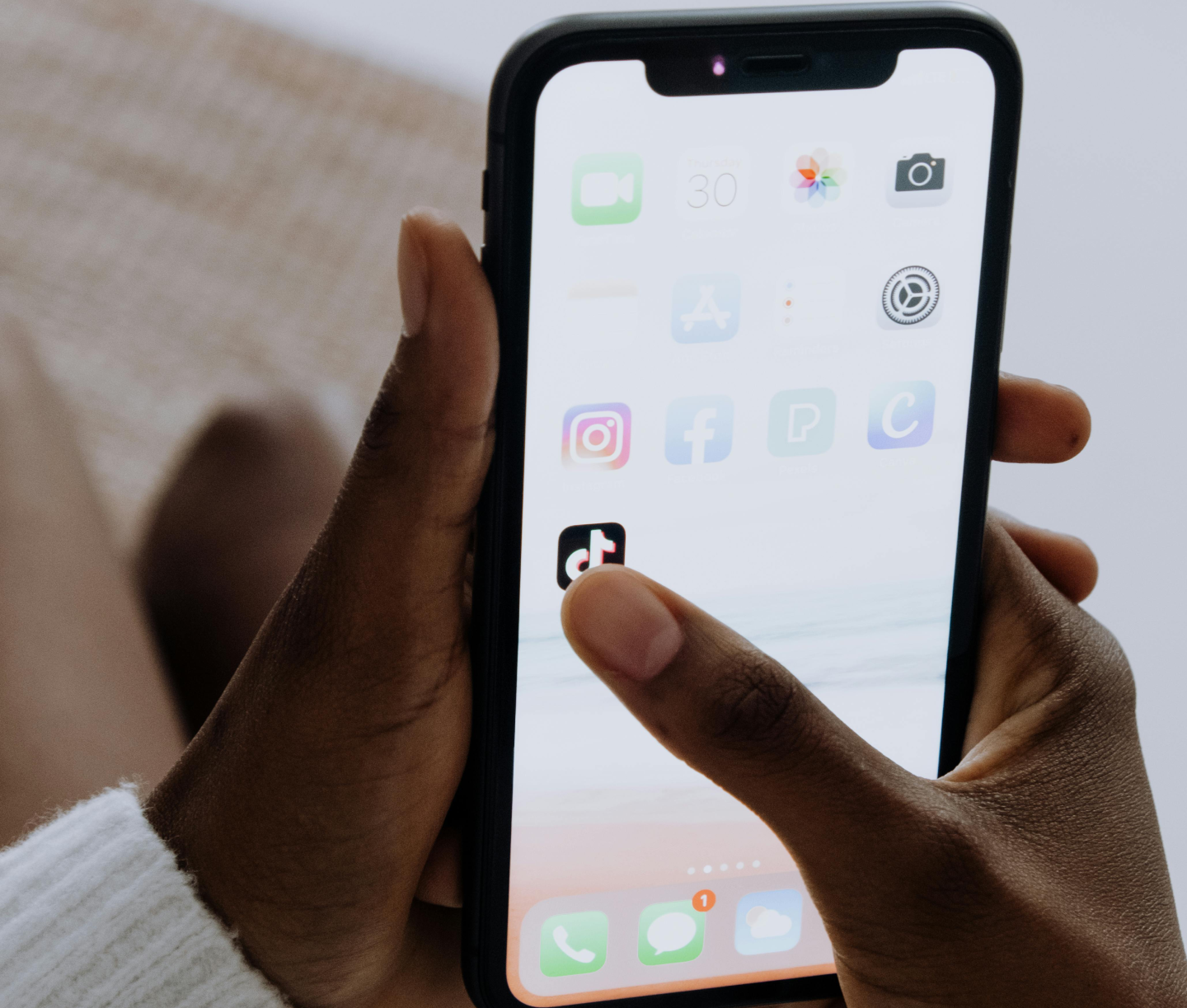We live in a time where social media is woven into nearly every part of our day. It’s where we share milestones, celebrate small wins, and connect with friends and communities across the world. For many, these platforms offer joy, inspiration, and a sense of belonging.
But there’s another side too, the endless scrolling late at night, the creeping comparisons to carefully curated posts, and the constant notifications pulling us away from the present moment. Social media can uplift us, but it can also leave us feeling drained, disconnected, or overwhelmed.
At Park Mental Health, we believe digital wellbeing isn’t about deleting apps or abandoning technology altogether. Instead, it’s about finding healthier, more intentional ways to engage online, so social media supports our lives rather than takes away from them.
The Double-Edged Sword of Social Media
Social media has undeniable benefits: it helps us stay in touch with loved ones, discover new ideas, and share our stories. But it can also come with challenges:
- Comparison and low self-esteem – Measuring ourselves against highlight reels of others’ lives.
- Information overload – Feeling overwhelmed by constant streams of updates.
- Reduced presence – Being physically present but mentally distracted.
- Sleep disruption – Late-night scrolling that interferes with rest.
Acknowledging both sides is key to creating balance.
Practical Strategies for Digital Wellbeing
- Set Boundaries with Screen Time
Try using built-in screen time settings or app timers to manage daily use. Even small breaks, like avoiding social media an hour before bed, can improve rest and focus. - Curate Your Feed
Follow accounts that inspire or educate you, and don’t hesitate to mute or unfollow content that leaves you feeling drained. - Be Mindful About Use
Before opening an app, pause and ask: Am I here with purpose, or out of habit? Choosing intentional use can reduce mindless scrolling. - Prioritize Offline Connections
Invest time in real-world interactions, whether that’s catching up with friends, spending time outdoors, or enjoying a hobby away from screens. - Notice Emotional Impact
Pay attention to how you feel after time online. If social media often leaves you anxious, lonely, or exhausted, it may be time to reset your digital habits.
Moving Toward Balance
Digital wellbeing isn’t about restriction, it’s about empowerment. By setting thoughtful boundaries, checking in with ourselves, and prioritizing offline life, we can enjoy the benefits of social media without letting it take a toll on our mental health.
At Park Mental Health, we encourage you to reflect on your digital habits and make small, sustainable changes. Over time, those changes can lead to greater balance, clarity, and peace of mind.
Social media can be a source of connection and joy, but only if we engage with it in ways that protect our mental wellbeing.




